0142 - Essentials of Mental Health for Professionals: Assessing, Risk & Resilience
Course Description
Hours: 12
This two-day workshop will provide an overview of mental health for health, education, social services and justice professionals. This course is also open to paraprofessionals seeking a basic overview of mental health knowledge and understanding. This training will cover the definitions of mental health and illness, its prevalence, symptoms and treatment approaches for mood disorders, anxiety disorders, schizophrenia and concurrent disorder using an integrated model approach, suicide and parasuicide, and finally the role of health promotion as a means to working towards mental wellness strategies and resiliency.
Learning Objectives
- Understanding how trauma, especially in early development, significantly increases the risk of mental health and addictions.
- Is It a disorder or a defense? Trauma informed understanding of mental health.
- Is a mental illness always a ‘disorder’ or is it an ‘adaptive’ survival response?
- The ‘myth’ of the chemical imbalance theory.
- Gain knowledge in the signs and symptoms of mood disorders, anxiety disorders, schizophrenia and concurrent disorders.
- Understanding the role of adaptation as a survival response in creating personality disorders.
- Understanding the role of disorganized attachment in the development of personality disorders.
- Overview of personality disorders.
- Understanding the role of dissociation within personality disorders.
- Overview of eating disorders (ED).
- Treating ED from a trauma-informed approach.
- Review the components of a mental status examination.
- Neurobiology of addictions.
- Overview of concurrent disorders and the importance of applying an integrated approach to treatment.
- Increasing awareness of the different interplays within concurrent disorders.
- Foreseeability versus predictability of suicide and risk.
- Reviewing the risk factors for suicide.
- Gaining knowledge and understanding of parasuicidal (cutting, burning and other self-harming acts) behaviours, as adaptive trauma responses and how to respond.
- Effective safety planning for suicidal risk.
- Understanding the role of the nervous system and its survival responses: Is it fight/flight (or anxiety) or freeze (or depression).
- Overview of PTSD, unique dissociative states and presentations, c-PTSD, and frequent misdiagnosis.
- How to assess for violent threats and risk – a multisystemic approach.
- Overview of different threat types.
- Understand current concepts of ‘crisis’.
- De-escalation strategies and approaches.
- Health promotion, mental wellness approaches and resiliency.
Notes
For more information contact the Faculty of Social Work Professional Development office:Email: fswprofessionaldevelopment@wlu.ca
Phone: 548-889-4967
Cancellations and Transfers
Be sure to carefully review our cancellation and transfer information before registering.
Website: wlu.ca/fswpd
Applies Towards the Following Certificates
- Counselling Techniques Certificate : Counselling Techniques
- Mental Health in the Workplace Certificate : Mental Health in the Workplace

